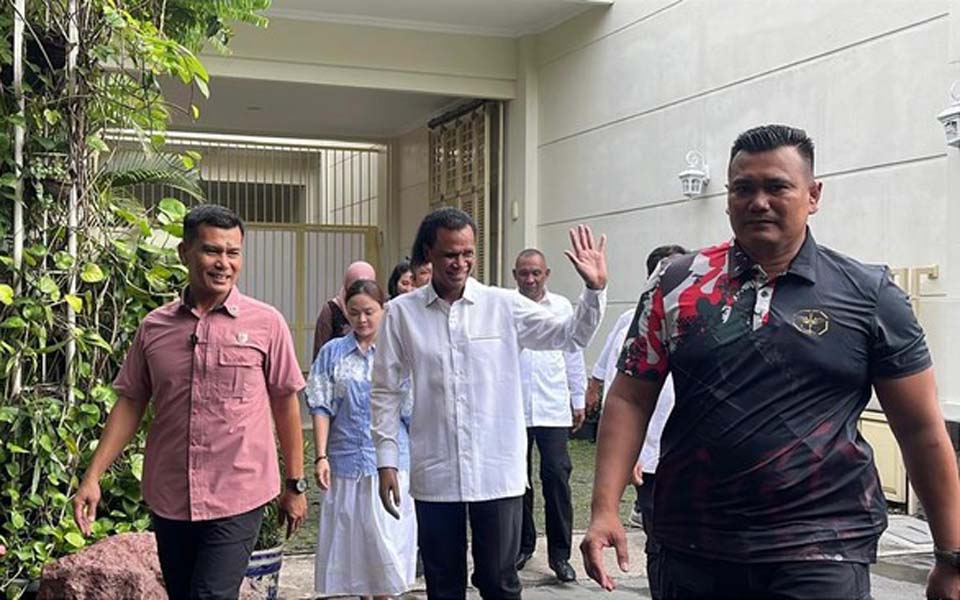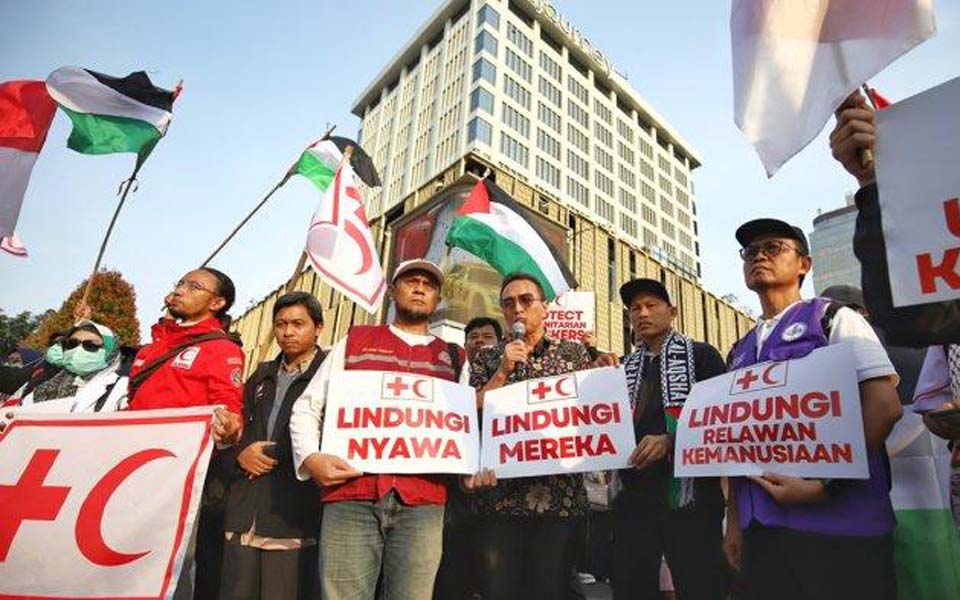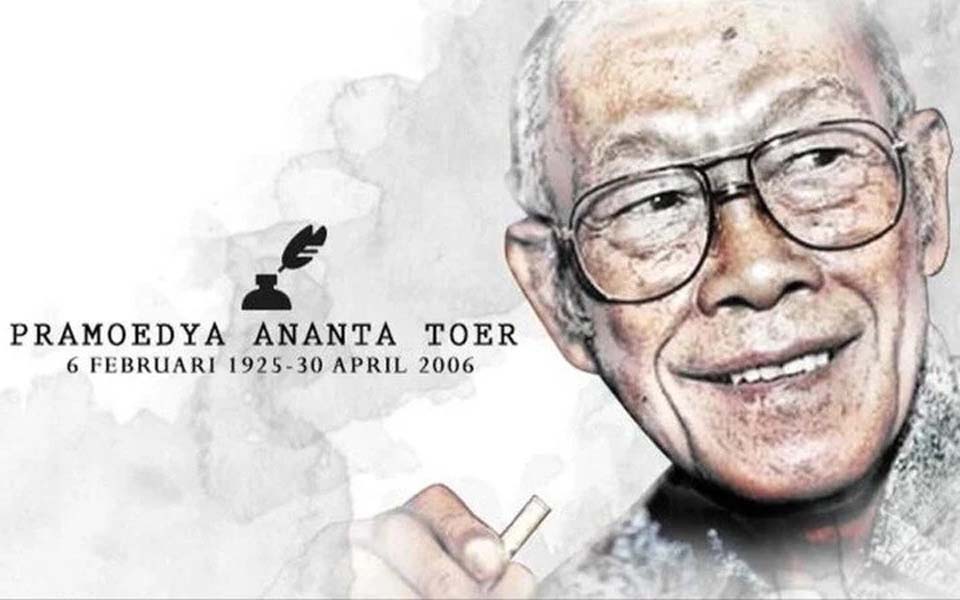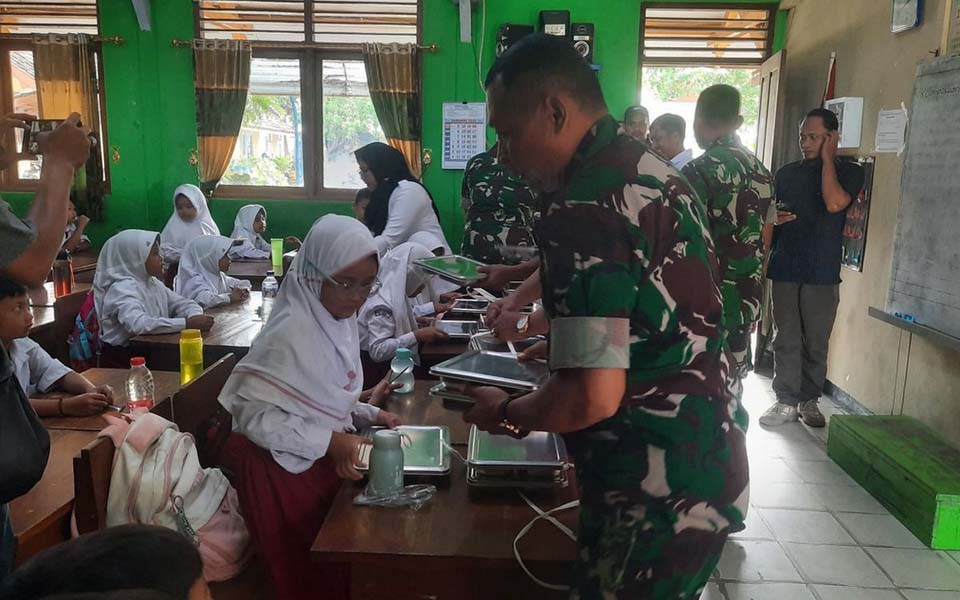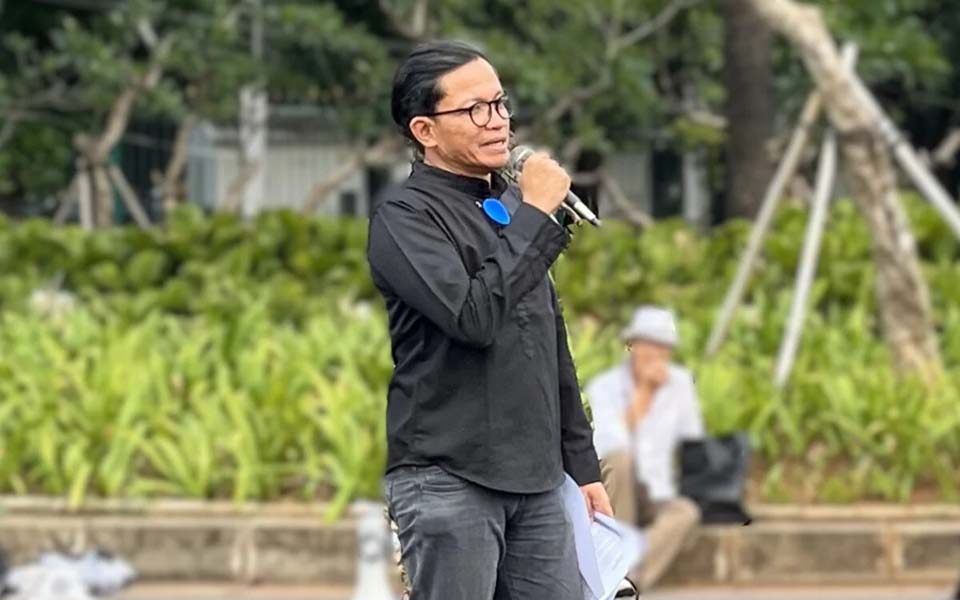Rofi Ali Majid – The education system has failed to realise the ideals of reformasi – the reform movement that began with the overthrow of former president Suharto in 1998.
This view was put forward by Max Lane, the author of the book Unfinished Nation: Indonesia Before and After Soeharto.
“One of the great sins of [Suharto’s] New Order [regime] was to abolish critical thinking among hundreds of millions of children for decades”, said Lane. According to Lane, this is one of the reasons for the failure of reformasi.
Lane expressed this view during a television chat show titled, Indonesia – 20 Years after Reformasi, which was held by the University of Gajah Mada (UGM) Student Arena Student Activities Unit Communication Forum at the Koesnadi Hardjasoemantri Cultural Centre on Sunday May 20.
Lane believes that the current education system is not very different. “In school, we are rarely taught to ask the question ‘why’, we are more often instructed to memorize and learn by rote”, said Lane. According to Lane, this flows on to how we comprehend the current situation in Indonesia.
Moving on to a more specific discussion, Lane gave an example. “Indonesia is one of the only countries which does not teach literature to its citizens”, said Lane.
Lane said he regrets that there are no literary studies, such as analysing short stories, poetry or other literary works. “In Singapore and many other countries, the books of [Indonesia’s foremost author] Pramoedya Ananta Toer are required reading, yet these are Indonesian literary works”, said Lane.
Responding to Lane’s remarks, University of Gadjah Mada senior history lecturer Agus Suwignyo said that to this day the education system only focuses on achieving basic levels such as class rankings. “The achievement of advanced levels such as critical thinking, a broader understanding, has yet to be a priority”, said Suwignyo.
Aside from not being directed towards advanced levels, according to Suwignyo the failure of the ideals of reformasi was also caused by a deviation in the function of schools.
“It has long been the case that the world of education has become an arena to implant ideology,” said Suwignyo. He also agreed with Lane’s statement that during the era of the Suharto regime the world of education became an arena to instill a sole interpretation of the state ideology Pancasila.
“Currently schools have become an arena for a contestation of ideologies to implant a certain kind of thinking”, said Suwignyo, who gave as an example the mushrooming of religious based schools.
Suwignyo said he does not agree with the world of education being turned into an arena for a contestation of ideology. “This diverts the aim of Indonesian’s education system as outlined in the preamble to the 1954 Constitution”, said Suwignyo.
[Translated by James Balowski. The original title of the article was 20 Tahun Reformasi: Gagalnya Peran Pendidikan.]
Source: https://ekspresionline.com/2018/05/21/20-tahun-reformasi-gagalnya-peran-pendidikan/







